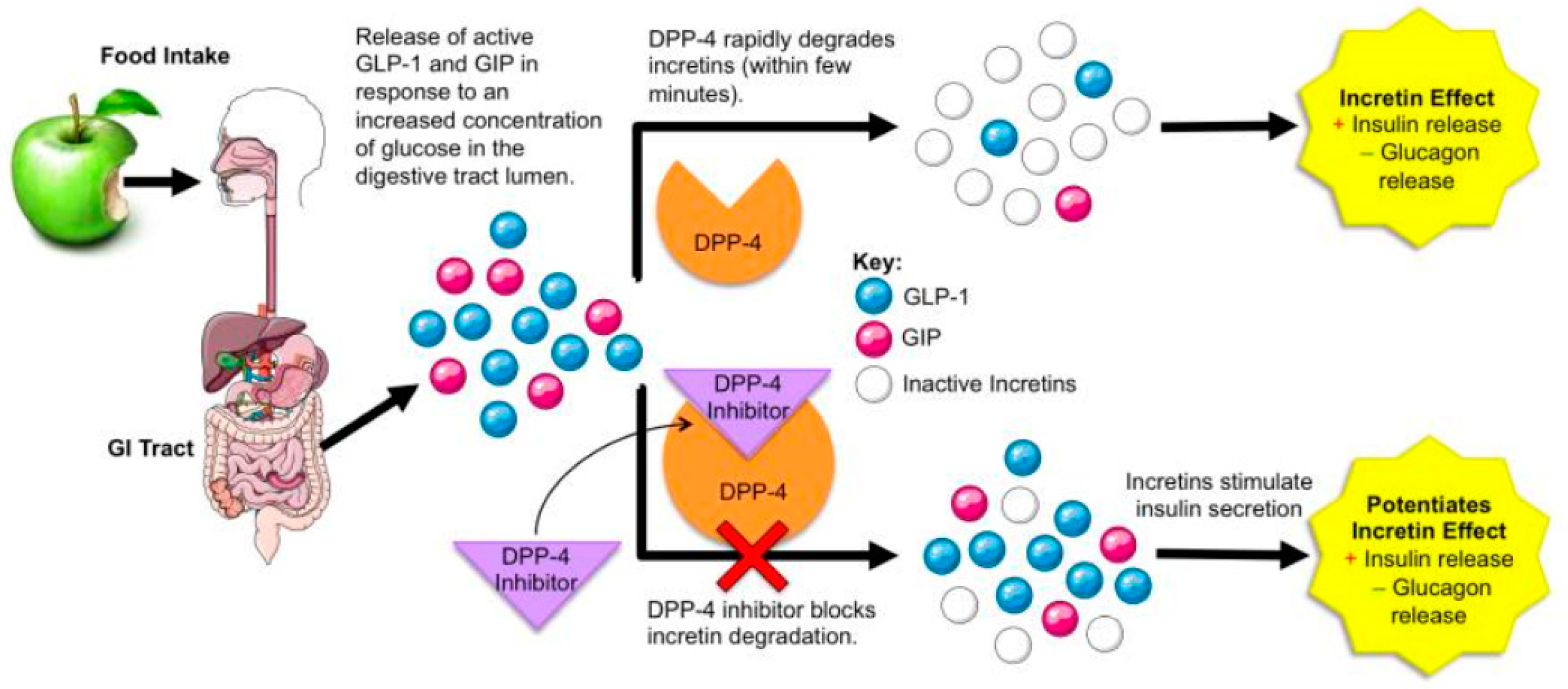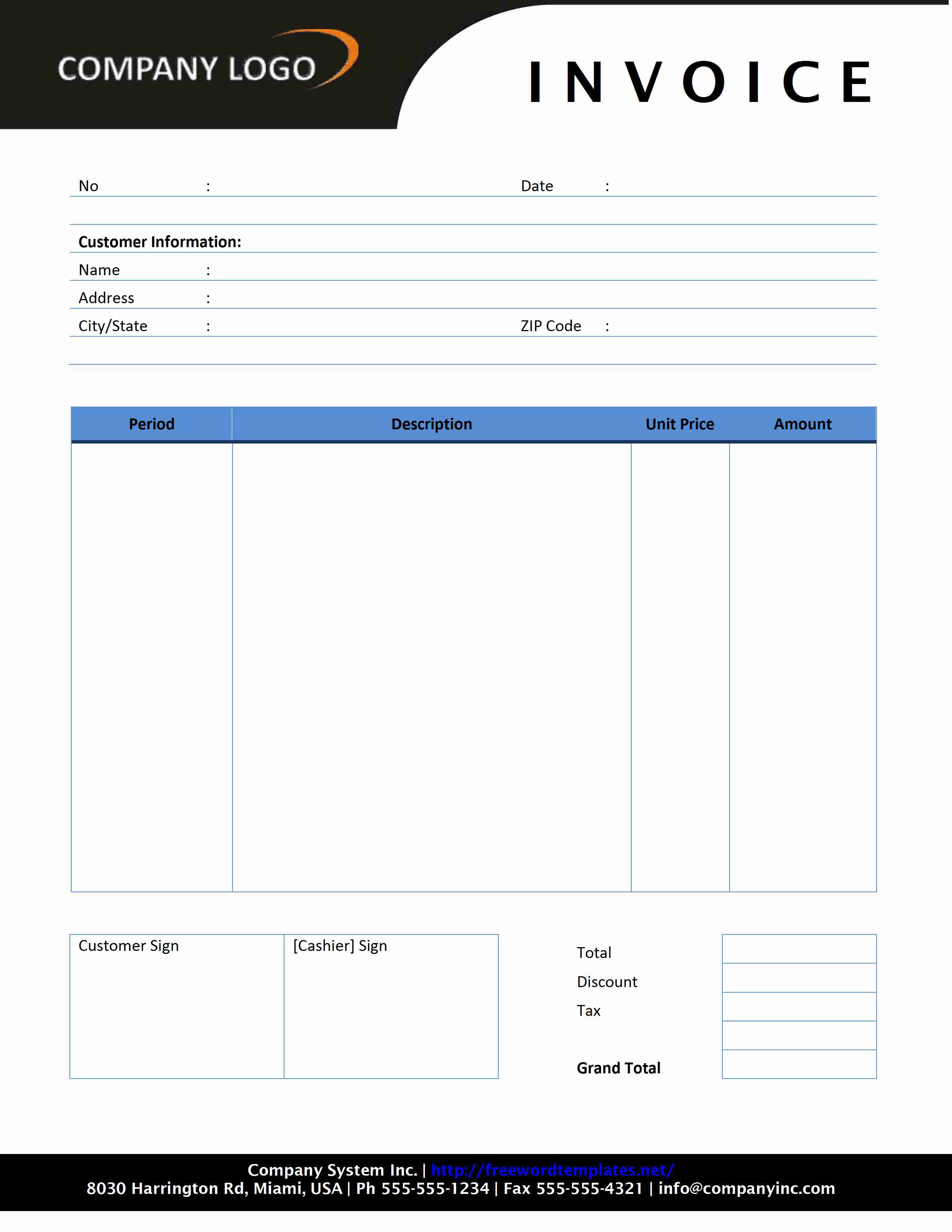

District Judge Derrick Watson enjoins the city “from enforcing or implementing Ordinance 22-7, signed into law on April 26, 2022, insofar as it prohibits 30-89-day home rentals, or the advertisement of such rentals, in any district on Oahu, pending further order from this Court.” District Court judge has granted a preliminary injunction ordering the city not to enforce the provisions in a new Oahu law that pertains to increasing the minimum allowable stay for Oahu rentals outside of resort districts to 90 days from 30 days. Intuit accepts no responsibility for the accuracy, legality, or content on these sites.A U.S. Intuit does not endorse or approve these products and services, or the opinions of these corporations or organizations or individuals. We provide third-party links as a convenience and for informational purposes only. Readers should verify statements before relying on them.
Dpp on rental invoice definition free#
does not warrant that the material contained herein will continue to be accurate nor that it is completely free of errors when published. Accordingly, the information provided should not be relied upon as a substitute for independent research. does not have any responsibility for updating or revising any information presented herein. No assurance is given that the information is comprehensive in its coverage or that it is suitable in dealing with a customer’s particular situation. Applicable laws may vary by state or locality.

Additional information and exceptions may apply. This content is for information purposes only and should not be considered legal, accounting, or tax advice, or a substitute for obtaining such advice specific to your business. It’s also important to comply with local, state, and federal labor laws when processing payroll. This will then need to be adjusted the following pay period.Īt the end of the day, whether you choose to pay current or in arrears, it’s essential to pay on time and accurately. If they take a sick day or work overtime one of those days, they will be overpaid or underpaid for that pay period. You’ll then have to project what an employee will work on Friday, Saturday, and Sunday. For example, if a workweek is Monday through Sunday and you pay employees every Friday, you’ll have to process payroll early. Because there’s no gap between the end of a pay period and the day employees get paid, employers will have to predict employee hours. On the other hand, when employees are paid in current, it can make processing payroll more challenging, especially for commissioned and hourly employees. Paying at the end of the period gives you time to secure financing, such as through sales or by processing accounts receivable, to pay your employees. It only becomes a late payment if you fail to make the payment by your payment contract’s due date. Paying in arrears doesn’t mean the payment is late. In this scenario, you would be paying her in arrears. Say Jill works from March 1 to 15, and you pay her on March 20. Depending on your payroll schedule, whether it’s weekly, biweekly, monthly, and so forth, wages are scheduled after the payroll period. Paying employees after they’ve performed work is much easier to process, as it gives you time to consider these factors when processing payroll. Benefits and deductions, such as health insurance and retirement accounts.Paying in arrears on accounts payable: Consequences of late paymentsĪs you process payroll, several factors need to be considered, including:.“Arrears” in the context of overdue payments.


advance payments: Benefits and disadvantages Read through to learn more about arrears billing, or use the links below to navigate throughout the post. To give you a better understanding of what it means to be paid in arrears and how arrears billing works, we’ve created this guide. Billing in arrears is collecting payments after providing a product or service.īut there’s more to arrears billing and payments than meets the eye. Simply put, billing in advance is collecting payments before delivering a product or service. The two most popular types of billing processes conducted by small businesses are billing in advance and billing in arrears. With all of these expenses, it’s important to stay on top of billing, whether you’re paying employees or collecting payments. Rent, utilities, payroll, inventory-these are just some of the expenses you’ll find yourself handling. As a small business owner, you have a lot on your plate, especially when it comes to finances.


 0 kommentar(er)
0 kommentar(er)
